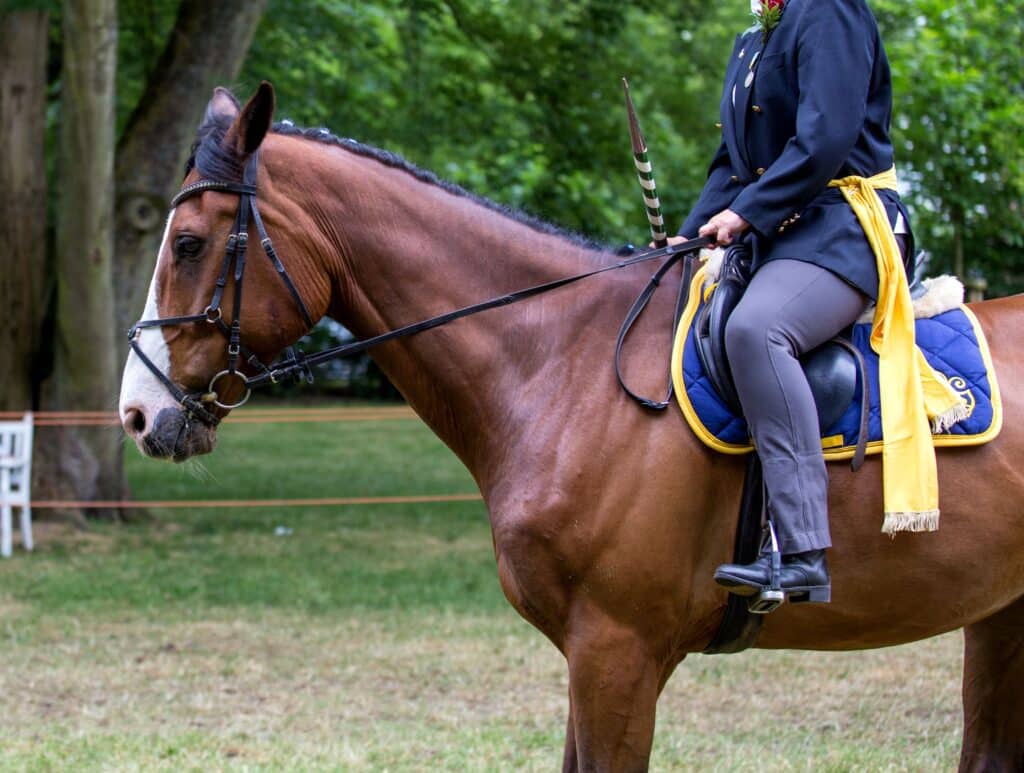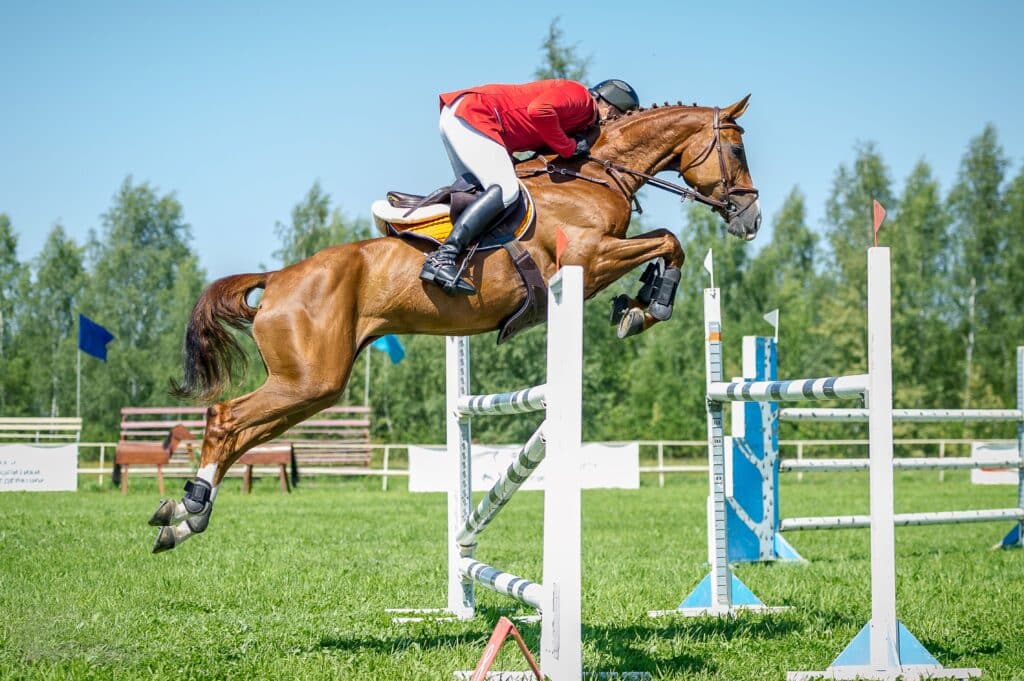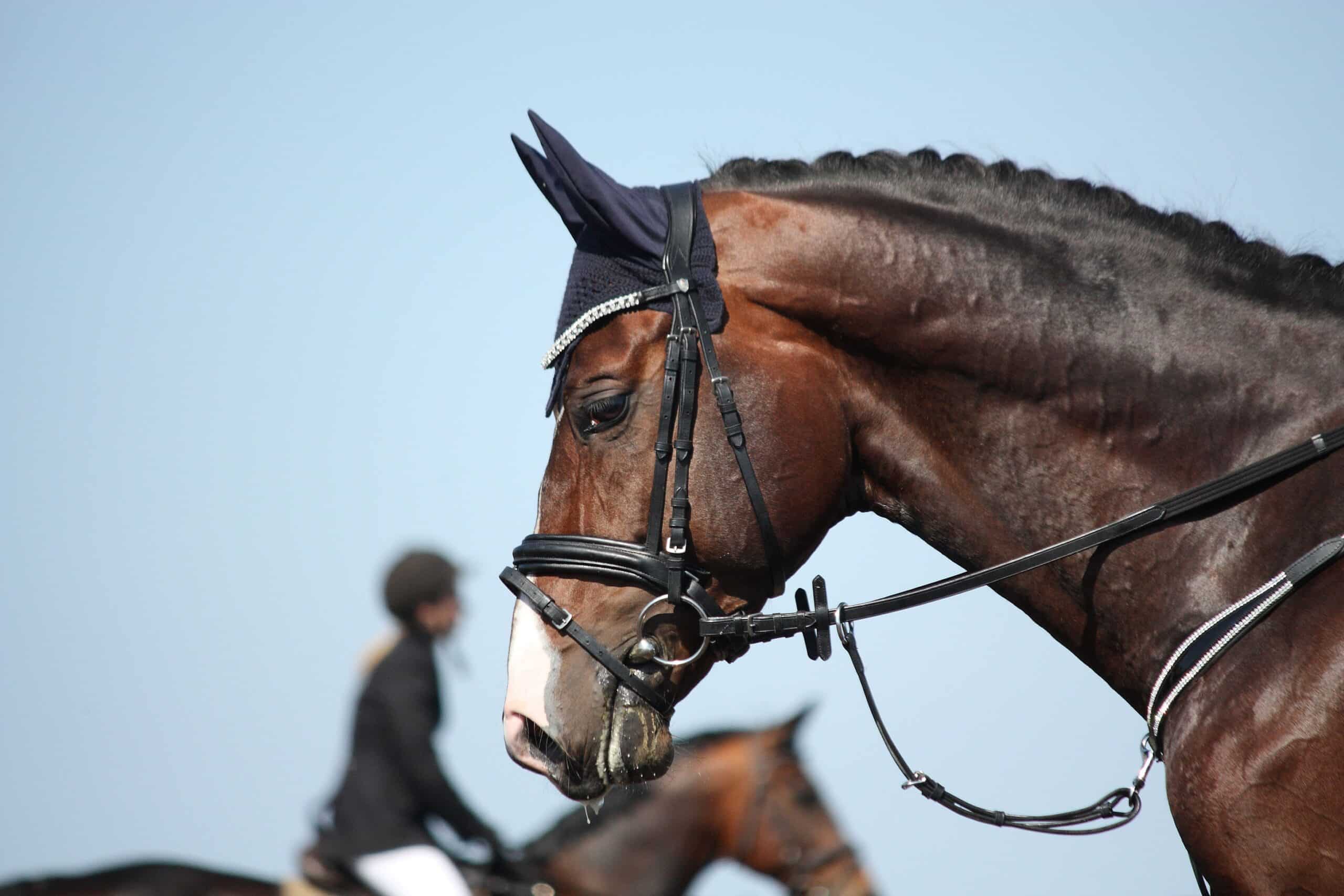The journey to finding the perfect hunter jumper horse for sale can be both exciting and daunting. However, without a well-informed approach, common mistakes can easily lead to costly decisions or missed opportunities. For this reason, we have created this guide to highlight the most frequent errors buyers make and provide actionable insights to help you choose a horse that perfectly matches your goals and aspirations.
Understanding the Stakes
Investing in a competition horse is not just about the financial commitment; instead, it’s about finding a partner with the physical ability, temperament, and potential to excel in the ring. Yet, many buyers get caught up in the excitement of the process and consequently overlook critical factors. This often leads to mismatched partnerships or unexpected issues down the line. Therefore, by understanding what to avoid, you can make a more informed and confident decision. For detailed listings, explore https://www.jw-horses.com/hunter-jumper-horses-for-sale.
Neglecting a Thorough Pre-Purchase Examination
A horse’s health is paramount, which is why skipping or rushing the pre-purchase exam is a recipe for future problems. To avoid this, an experienced veterinarian should perform a detailed examination, including X-rays and blood tests, in order to rule out any underlying health issues.
Tip: Always budget for a professional vet check as part of your purchase costs.
Overlooking the Horse’s Temperament
A horse may have the perfect build and jumping potential. Nevertheless, if its temperament doesn’t align with your riding style or skill level, it can quickly become a challenging partnership.
What to Watch For: Observe the horse in various settings—such as being handled, tacked up, and under saddle. Furthermore, ask yourself: Does it exhibit nervousness or aggression?
Focusing Solely on Pedigree
While lineage can certainly provide insight into a horse’s potential, it is not a guarantee of performance or compatibility. As a result, many buyers fall into the trap of valuing pedigree over practical considerations, such as current training and behavior.
Remember: Evaluate the horse in the present, not just its genetics.
Underestimating Maintenance Costs

Hunter jumper horses often require specific diets, regular shoeing, and maintenance therapies such as chiropractic or massage treatments. Unfortunately, many buyers underestimate these costs, which can strain their budget and negatively affect the horse’s care.
Pro Tip: Always calculate ongoing expenses before finalizing your decision.
Failing to Test the Horse Thoroughly
A quick trial ride may seem sufficient, but it is rarely enough to assess a horse’s suitability. Buyers often skip comprehensive testing in different scenarios, and this can lead to unexpected surprises after the purchase.
Solution: Ride the horse in a variety of settings and ask for videos of past performances in order to gauge its consistency.
How to Avoid These Mistakes
In order to avoid these common pitfalls, consider these three key strategies:
- Plan Your Purchase Carefully: Start by creating a checklist that outlines your priorities, such as budget, desired skills, and temperament.
- Consult Experts: Seek advice from trainers, veterinarians, and other professionals, as their insights can provide a clearer picture of the horse’s capabilities and challenges.
- Trust the Process: Instead of rushing into a decision, take the time to evaluate several options. Trust your instincts when you find the right match.
Expert Insights: Avoiding Common Pitfalls When Choosing Your Competition Horse
To provide you with invaluable advice, we interviewed Dr. Laura Bennett, an experienced equine veterinarian, and Mark Stevens, a professional hunter-jumper trainer with over 20 years of experience. Here’s what they shared about avoiding the most frequent pitfalls when selecting a competition horse.
Q1: Dr. Bennett, what’s the number one health-related mistake buyers make when selecting a horse?
Dr. Bennett: Many buyers skip or rush the pre-purchase exam, which is absolutely critical. This exam isn’t just a quick health check—it’s a deep dive into the horse’s current and potential future health issues. For example, I’ve seen horses with subtle signs of joint problems that buyers wouldn’t notice without X-rays. Therefore, investing in a thorough veterinary assessment upfront can save you from significant expenses and heartbreak later.
Q2: Mark, what should buyers prioritize when it comes to temperament?
Mark Stevens: Temperament is everything when it comes to finding the right match. A horse might have incredible physical talent, but if its personality doesn’t suit the rider’s skill level or goals, the partnership simply won’t work. For instance, a horse that’s overly spirited might overwhelm a less experienced rider. Thus, spend time handling and riding the horse in different scenarios to ensure it aligns with your needs.
Q3: What role does training play in the selection process, Mark?
Mark Stevens: A lot of buyers focus too much on potential and forget to evaluate the horse’s current level of training. While potential is important, a well-trained horse can give a rider confidence, whereas an untrained or poorly trained one might lead to frustration or even injury. Therefore, ask about the horse’s past performance, watch videos of it in action, and test its responsiveness under saddle.
Q4: Dr. Bennett, what hidden costs should buyers prepare for beyond the purchase price?
Dr. Bennett: Maintenance is a big one. Competition horses often need specialized diets, regular farrier visits, and sometimes therapies like chiropractic adjustments or joint injections. Another hidden cost is insurance, which is essential for high-value horses. Consequently, I always advise buyers to calculate these expenses before committing to a purchase.
Q5: Any advice for first-time buyers, Mark?
Mark Stevens: Absolutely—don’t rush. It’s tempting to fall in love with the first horse you see, but take the time to evaluate several options. Bring along a trainer or a trusted equestrian professional to help you assess the horse objectively. After all, this is a long-term partnership, so it’s worth doing your due diligence.
Q6: Lastly, Dr. Bennett, are there any red flags buyers should watch out for?
Dr. Bennett: Yes, one major red flag is a seller who refuses a pre-purchase exam or limits what the vet can evaluate. Another is inconsistency in the horse’s behavior—if the horse seems calm in one setting but erratic in another, it might be poorly socialized or have hidden issues. Above all, trust your gut, and don’t hesitate to walk away if something feels off.
A Partnership Built on Preparation

Avoiding common pitfalls when selecting your next competition partner is essential for a rewarding experience in the arena and beyond. By approaching the process with a clear strategy and an informed perspective, you can ensure your investment leads to success, satisfaction, and the joy of building a lasting partnership with your horse.
Bildnachweis: virgonira, Kunz Husum, Dotana, Adobe Stock

